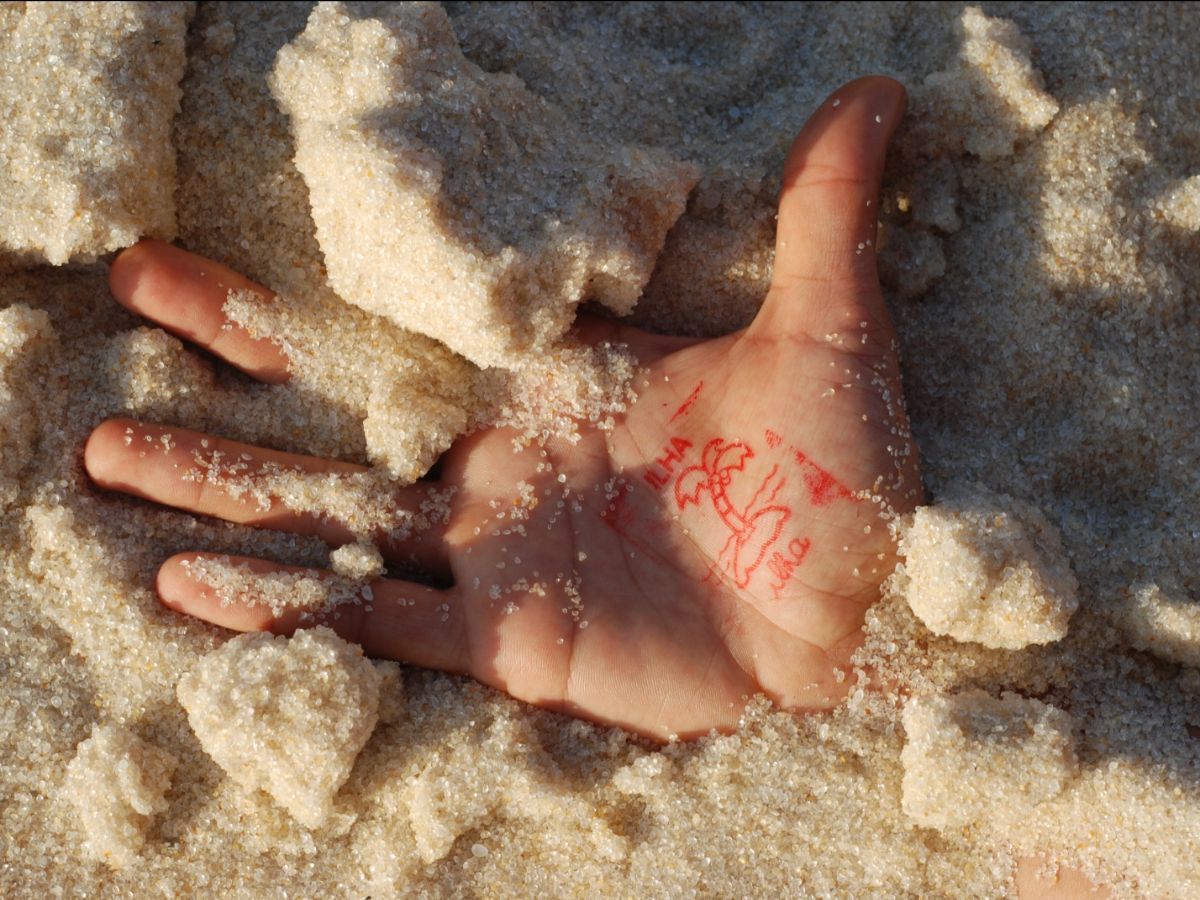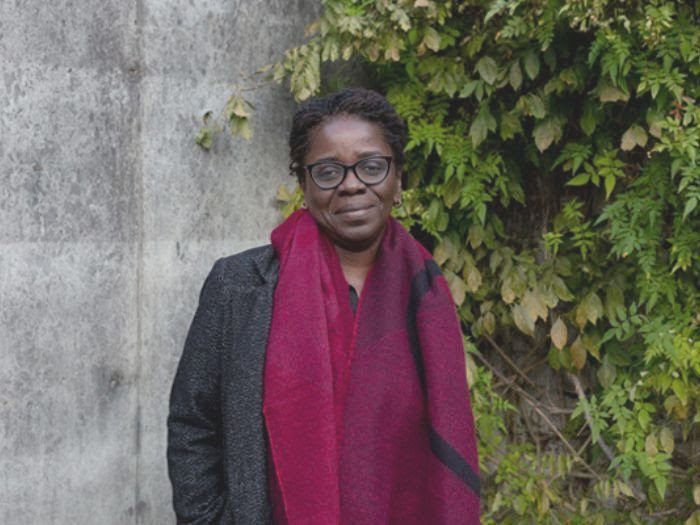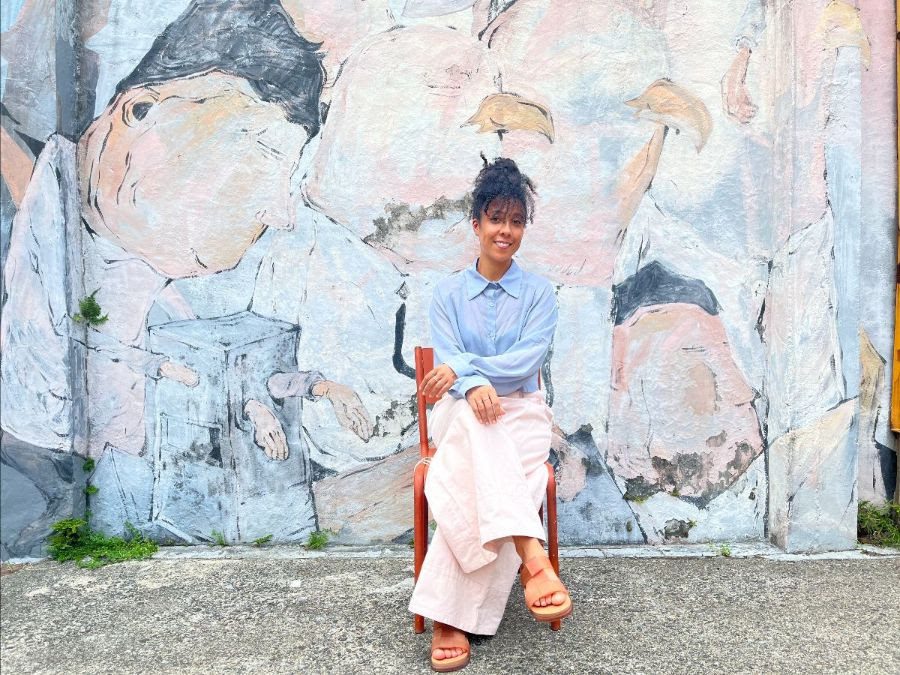


AFIELD Studies are online co-learning programs led by members of the network on different topics. Comprising closed sessions and public workshops, they seek to nurture synergies between like-minded practitioners, allowing for exchange of skills and knowledge.

The fourth AFIELD Study Program was titled “Observing Social Narratives & Moving Beyond Stereotypes” and was led by Camilla Rocha Campos.
This study took place online over four sessions from 21st February, 28th February, 1st March and 7th March.
The program engaged with, learned from and questioned the production of different images & narratives of social struggles as well as their representation in and through art.
8 members of the AFIELD network have been invited to reconsider their practice in collaboration with our guests Zakee Kuduro and Denise Ferreira da Silva.
This core group includes AFIELD members: Shawon Akand (BD), Sinkneh Eshetu (ET) Analida Galindo (PA), Alejandra Ballón Gutierrez (PE), Dicky Takndare (ID), Di Liu (CN), Majaw Njaay (SN), and Zeyno Pekünlü (TR).
“How can an individual experience reveal a larger social justice struggle and become an opportunity for collective learning? How can one represent their own lived experiences of social injustice through art? How can art professionals produce and interact with imagery that involves the deep humanity of an ‘other’ without prejudice or pity? How can we develop a sensitivity and ethic within the realm of aesthetics towards the “subject”, the artist, the practice, the community, the other?”
— Camilla Rocha Campos
DAY 1 – February 21st, 11.00am BRT
Zakee will guide us through how he painted over his own history (referencing mass-incarceration & the drug ecosystem) with his art practice. Exploring how understanding stereotypes, taboos, and prejudice, can be used to access and share with other memories & emotions.
DAY 2 – February 28th, 10.30am BRT
Denise will lead participants into an inquiry of the ethics of creating aesthetic imagery in collaboration with communities/groups that have been subject to stereotypes & prejudice, and what it entails to mediate safe spaces for other bodies (like dissident bodies, or oppressed bodies). She will also explore how we consider these images differently depending on which context they are displayed in.
DAY 3 – 1st March, 10.30am BRT
Zakee and Denise will lead practical exercises engaging with the content evoked and presented by the entire group in the previous sessions. This group session will be focused on making links between the analysis and critical topics discussed in order to shape our real practice.
DAY 4 – 7th March – Core Group Workshop
Camilla will lead the final workshop, which will channel the discoveries & discussions which emerged in the last three sessions into a tangible output. How can the participants form a temporary collective and channel their energy to serve one concrete purpose, in one specific location as one specific activism?
Please click here for the full program.
Register here to attend a study session.
Zakee Kuduro is a multilingual award winning director/producer/painter based in Brazil. Along with being a contributor to BBC, National Geographic and more, he was awarded 2 gold Lovie awards in 2020 for “best documentary” and “best video”, and in 2021 he was nominated for 2 Webby awards for “Best long form documentary” + “Best News + Politics”.

Image courtesy of the artist.
Denise Ferreira da Silva is an artist, video maker, & philosopher) based in Rio de Janeiro (Brazil) & Vancouver (Canada). She is is Professor and Director of the Institute for Gender, Race, Sexuality, and Social Justice at the University of British Columbia. Her practice & research addresses the ethico-political challenges of the global present.

Image courtesy of the artist.
Camilla Rocha Campos is an artist, curator, teacher & writer currently developing her PhD artistic research at Goldsmiths University of London. She is co-director of Institut 0101 Art Platform, which promotes experiences with Afro-diasporic art, and is the curator of the international research platform EhChO. Her research is based on thinking about invisibilities and complexities that are forged to exist as an ethical-aesthetic voice.